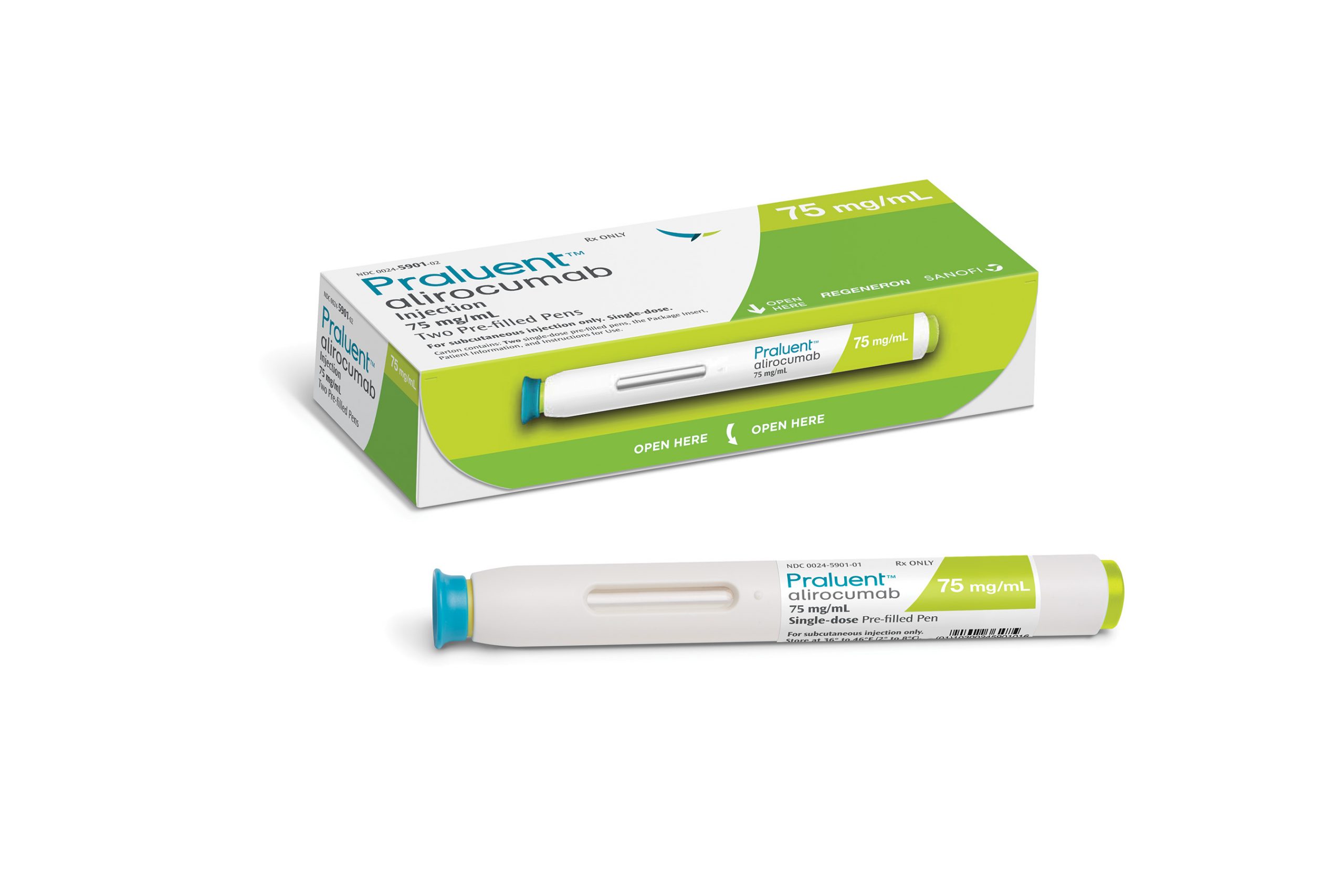German court blocks Sanofi's cholesterol drug after Amgen lawsuit

Amgen has lived up to its litigious reputation after it successfully persuaded a German court to uphold a patent blocking Sanofi from marketing its rival injected cholesterol drug in the country.
The Dusseldorf Regional Court said late last week that Sanofi’s Praluent (alirocumab) infringes the German part of Amgen’s European patent directed to antibodies targeting PCSK9, which protects the US pharma’s same-class rival Repatha (evolocumab).
The court granted an injunction prohibiting Sanofi and Regeneron’s manufacture, sale and marketing of Praluent in Germany, and for the injunction to go into effect, Amgen must enforce it by posting a bond.
In a statement Sanofi said it is “disappointed” in the decision, saying it believes patients and doctors should have a choice of cholesterol-lowering therapies.
The company said Praluent remains on the market in Germany and other EU countries, where it is approved for use to cut cholesterol levels in patients uncontrolled on statins, or in patients who cannot tolerate them.
It also noted that the decision by the court only applies in Germany and is not binding in other national courts in Europe, and that the decision is not related to the efficacy, quality or safety of Praluent.
Amgen has been suing Sanofi over the patent in various jurisdictions, including in the US, where a court at one point blocked the sale of Praluent for similar reasons.
Sanofi eventually managed to overturn this decision and in February a US court threw out a counter-claim from the French firm, ruling that Amgen’s patents on Repatha are valid.
Outside the court rooms Sanofi and Amgen have also been trading blows with various sets of clinical data to try and gain an advantage in this two-drug market.
In March last year Sanofi and Regeneron seemed to score a victory with data from the ODYSSEY OUTCOMES trial, showing that Praluent not only reduces cardiovascular events, but is also associated with a lower death rate.
Data showed Praluent reduced risk of major cardiac adverse events (MACE) – a composite endpoint defined as a heart attack, ischaemic stroke, death from coronary heart disease, or unstable angina following hospitalisation – by 15%.
It was also associated with a 15% reduction in all-cause mortality, and numerically fewer deaths from coronary heart disease.
Amgen has data showing Repatha can reduce heart attacks and strokes by 20% in at-risk patients when added to statin therapy, but it has produced no evidence of a reduction in mortality rates.
Both firms have cut prices of their products since first approval around four years ago as amid all the legal bitching, sales of both have been less than stellar.
Repatha generated $141 million in Q1 this year, while Repatha generated $63 million in the same period.












